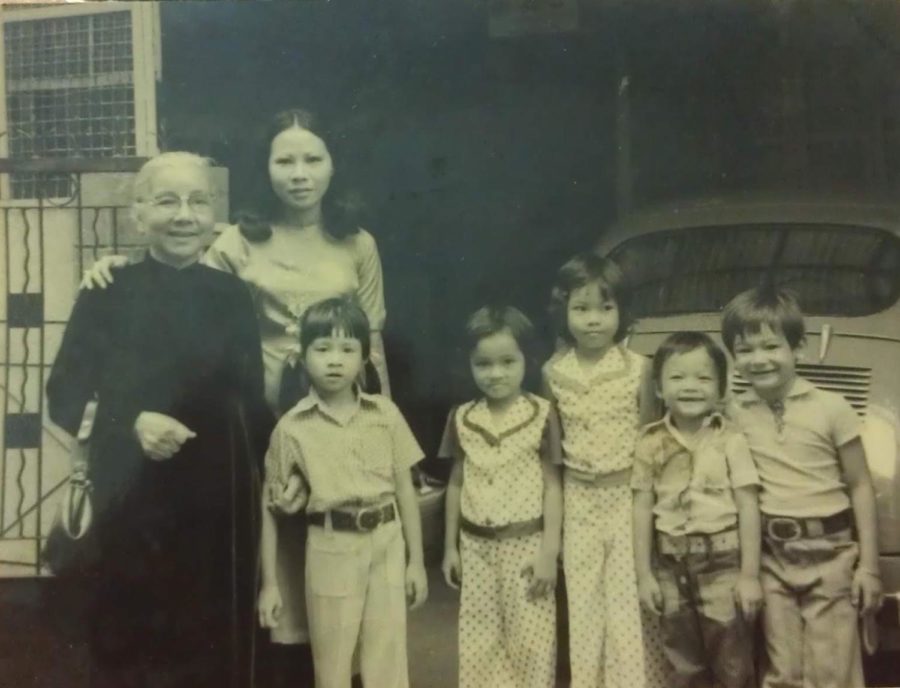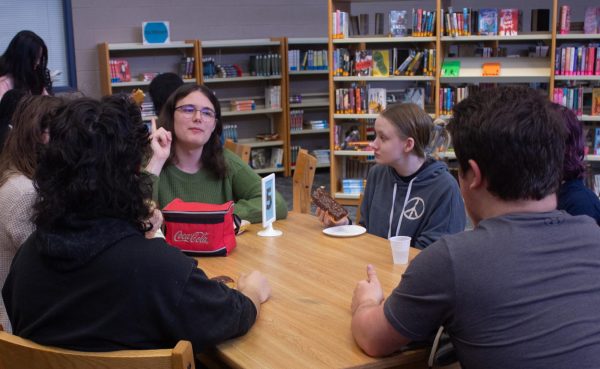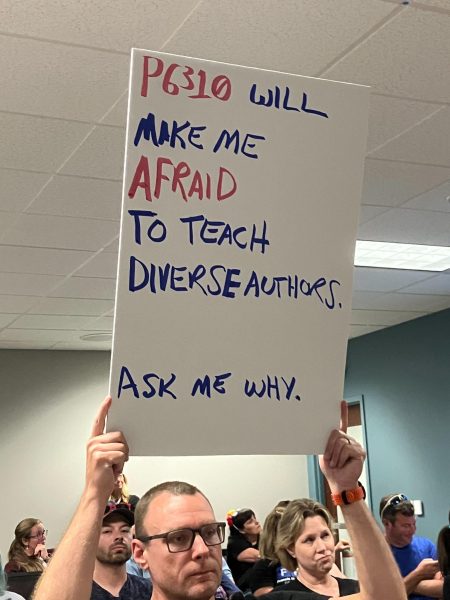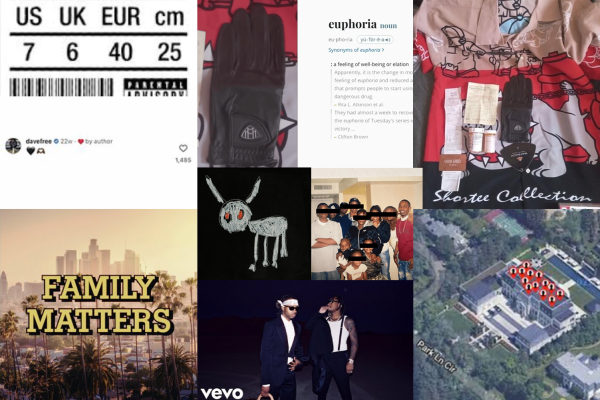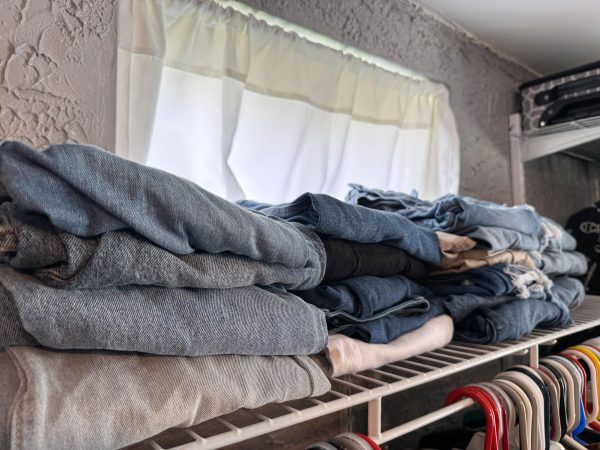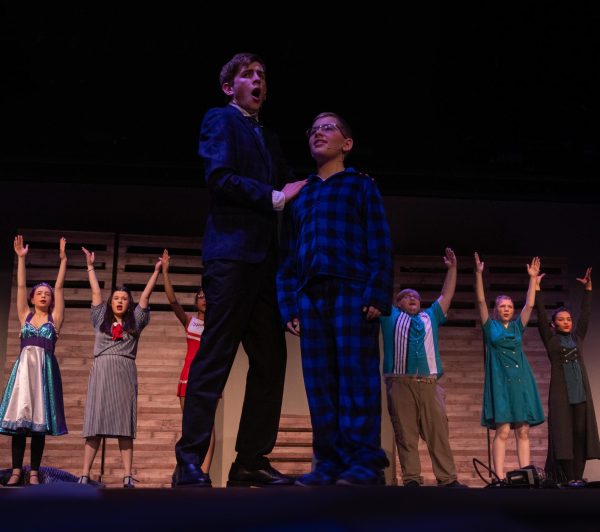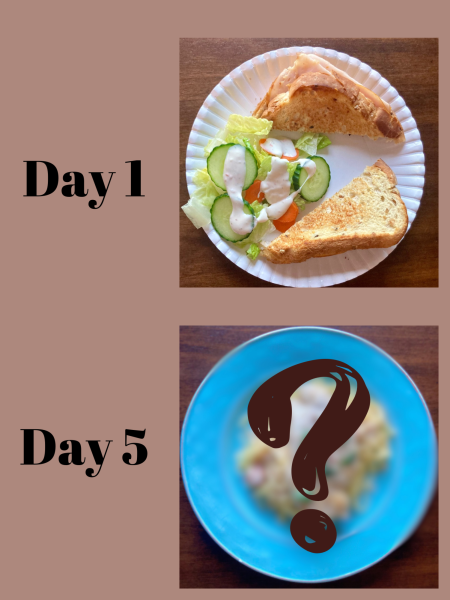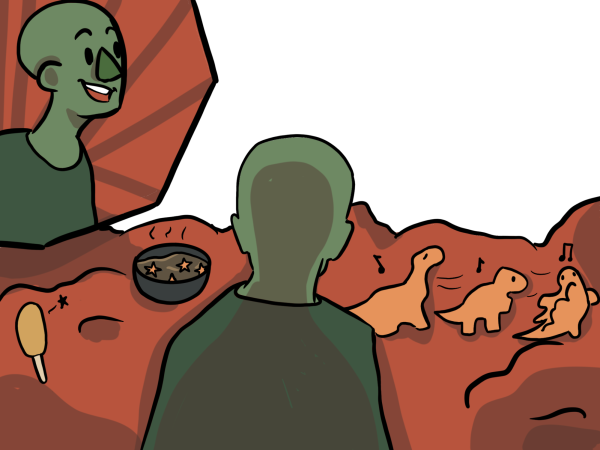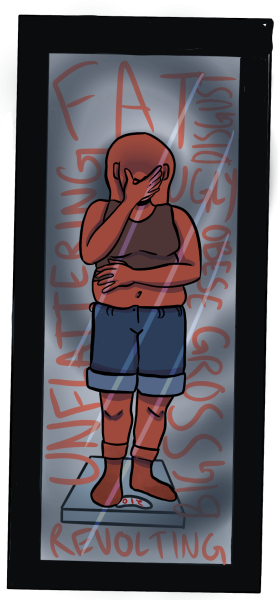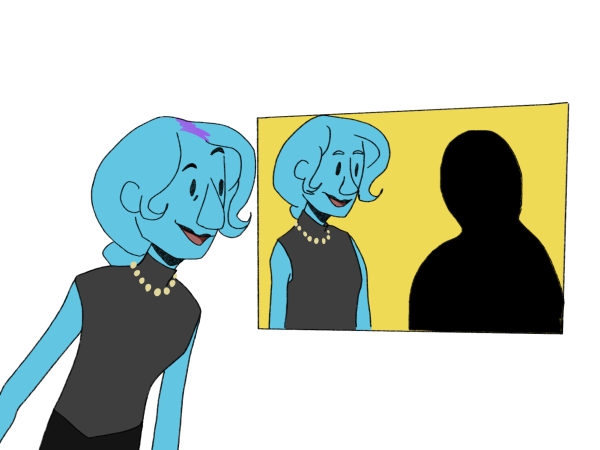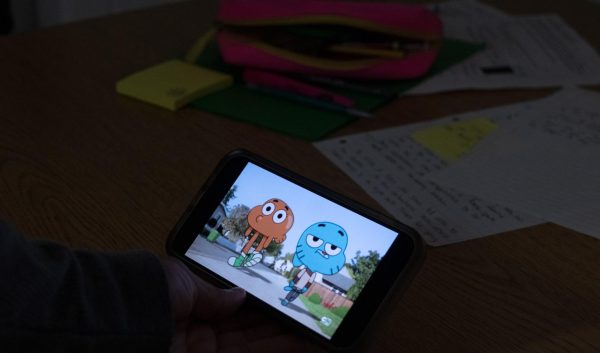Not Just Boat People
Words, phrases we select can define an immigrant’s experience
An old photo of my mother’s family, my mother is pictured in the middle of the left photograph. Although she is clearly not happy in the photo, she still recalls fond memories during her time in Vietnam.
When my mother was my age, she did not live a typical teenage life. She didn’t wake up at 6:50 a.m. to get ready and drive a Honda Civic to school. She didn’t live the typical suburban lifestyle. When she was my age, she lived on a boat trying to immigrate to America. She spent her days on a boat overflowing with people. She stayed at a refugee camp in Malaysia called “Hell Isle.” She lived in a time where rape, abduction, starvation and death were a threat.
However, for my mom, this difficult experience was humbling. When I talk about my vastly different life to my mother, sometimes I begin to forget about where my parents came from to give me this. My mom brings me back down to Earth. Every time she says the same thing:
“Sydney, I am boat people, our family is boat people.”
It has been the same sentence over the years, and even though it has been repeated over and over again, it always has the same effect. Whenever she would say it my face would get hot and my mind would be clouded with shame from not realizing the struggles she had gone through for me to be able to tell these stories. It has always bothered me because not only did her lack of knowledge about English grammar peek through, but so did her shame of being an immigrant.
“Boat people” historically described refugees, specifically from Vietnam, who fled to other countries by boat. However, to my mom, it means that my family is automatically lower on the social ladder because of how my mom immigrated to the states.
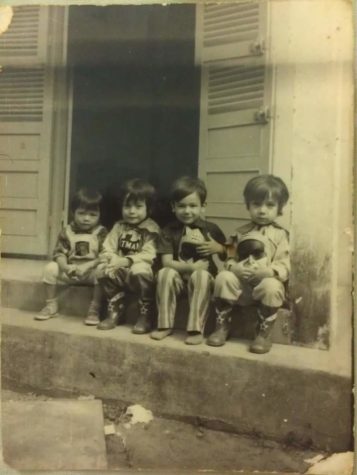
Although the term made exact sense for the meaning, many Vietnamese people such as my mom see it in a negative light. It had taken their trauma from the war, from being in a refugee camp, from traveling with little resources for days on end and reduced it to “boat people.” Not survivors or victims of war. Boat people.
The way society frames immigrants is important. The diction we use to describe them is important. Out of all the experiences my mother and millions of other Vietnamese immigrants have faced, why is coming to the states via boat so important? We never called people who drove from Canada or Mexico to move “car people.” Or people who move across the country via airlines “plane people.” Using the method of travel as a driving word detracts from the experiences and the meaning behind their journey. Instead of focusing on how they got here, focus on why. What are their stories? When we look beyond a shallow label, we see the strength and perseverance of those who had fought for their lives and their family’s lives to make it to somewhere safe. It’s not just “boat people,” it’s other dehumanizing words such as “illegal” or “alien” used to describe immigrants.
These words that are used to describe immigrants create an unwelcoming atmosphere for people trying to find a better place to live their lives.
Words matter, and choosing words that do not make immigrants out to be a threat, an issue, matters. It creates misconceptions and divides us between being “legal” and “illegal.”
Before choosing the words that may be “historically correct,” read the room, know the connotation. Words are more than letters; they are driving factors in the atmosphere we create for immigrants. My mother should not have to feel she has a lesser place because of a term. She is more than a boat person. She is a survivor of war. She is a daughter. She is a mother. She is more than what any history textbook could define her as.
Your donation will support the student journalists of Francis Howell Central High School. Your contribution will allow us to purchase equipment and cover our annual website hosting costs. FHCToday.com and our subsequent publications are dedicated to the students by the students. We hope you consider donating to allow us to continue our mission of a connected and well-informed student body.




